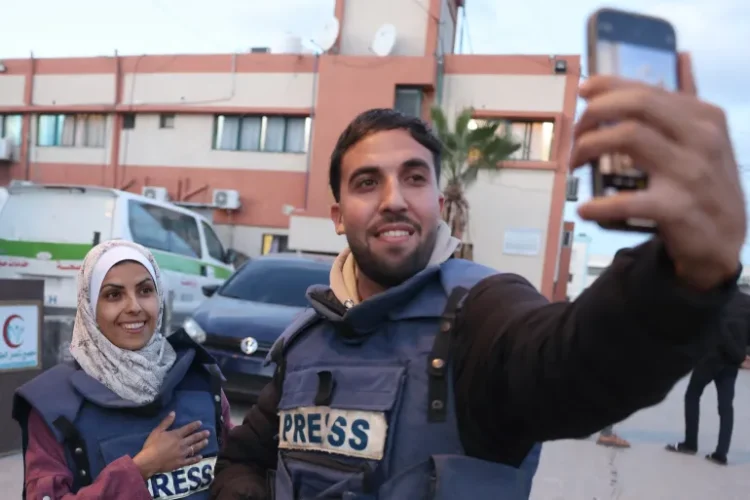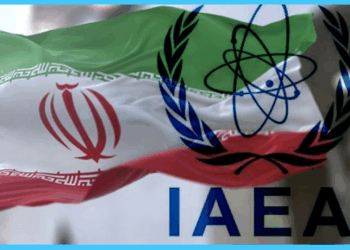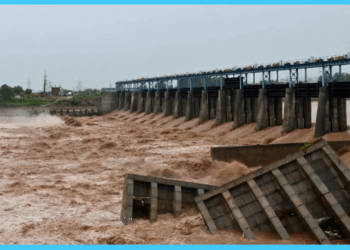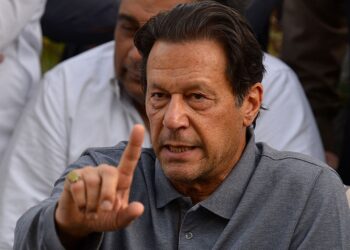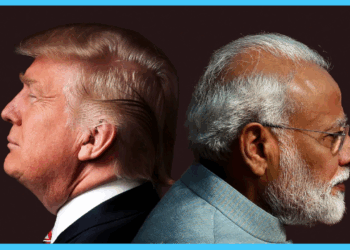Web Desk; Israeli forces struck the Nasser Hospital in the southern Gaza city of Khan Younis, killing at least 21 people, including five journalists. Among the victims was a cameraman working with Al Jazeera. The attack, carried out in two successive strikes on Monday, has drawn strong international condemnation and renewed calls to protect journalists in conflict zones.
Eyewitnesses described the incident as a “double tap” strike, in which the second explosion specifically targeted those rushing to aid the wounded after the first blast. Video footage from the scene showed medics and reporters assisting victims moments before the second strike hit. In a separate attack the same day, another journalist, Hassan Douhan of the daily Al-Hayat al-Jadida, was killed in Khan Younis.
Press freedom groups say Israel has killed more than 270 journalists and media workers since the start of its war on Gaza in October 2023, making it the deadliest conflict for the press in modern history.
The five journalists killed in the Nasser Hospital strike were deeply respected within Gaza’s press community.
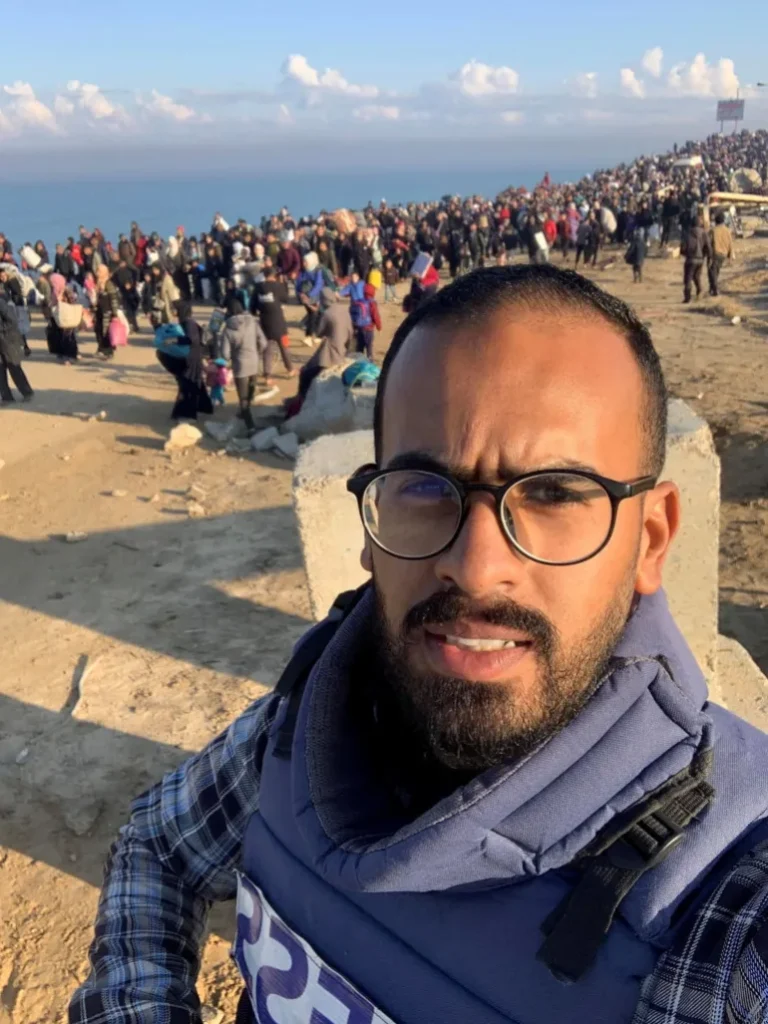
Ahmed Abu Aziz, 29, was considered a calm and dignified presence among his colleagues. Recently married, he was also pursuing a doctorate at a university in Tunisia, which has condemned his killing.
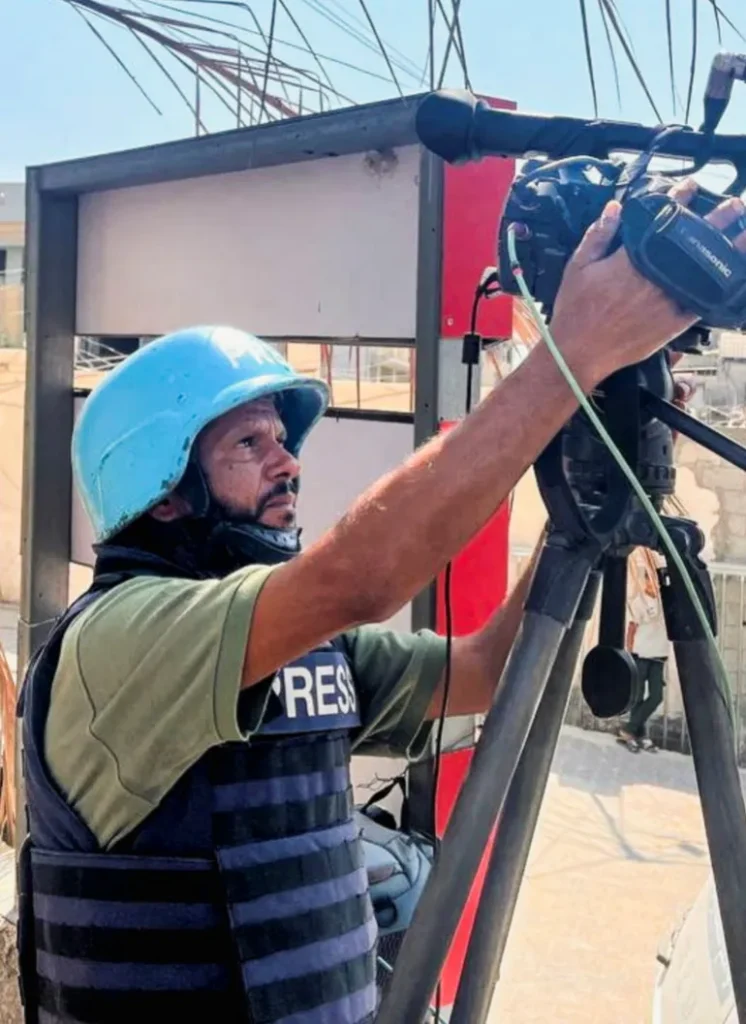
Hussam al-Masri, 49, was a veteran photojournalist who worked for Palestine TV and Reuters. He was broadcasting live when the hospital was hit. Only days earlier, he had appealed for help for his wife, who is battling cancer and is now left to face her illness alone.
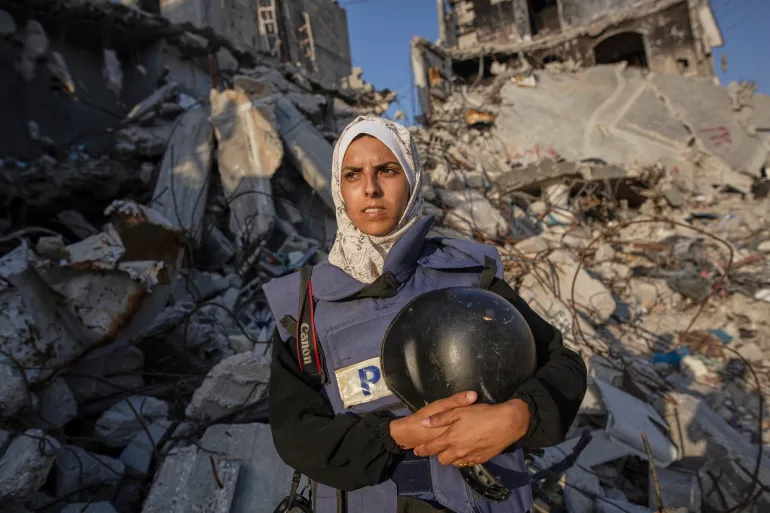
Mariam Abu Daqqa, 33, was a freelance photojournalist known for her dedication and courage. She sent her 13-year-old son, Ghaith, to live with his father in Dubai to keep him safe from the war. Mariam had contributed to outlets including the Associated Press and Independent Arabia, and was admired for her determination under constant risk.

Mohammed Salama, 24, was a cameraman for Al Jazeera, remembered for his professionalism and cheerful nature. Just last November, on his birthday, he had spoken of his hopes to marry his fiancée, Hala Asfour. Those dreams ended with the strike that took his life, making him the tenth Al Jazeera journalist killed in this war.
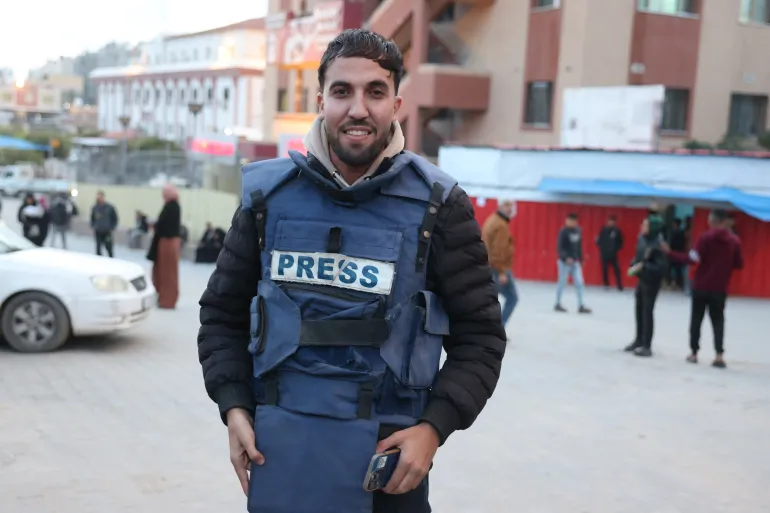
Moaz Abu Taha, 27, was a young video journalist who kept filming even after his colleague Hussam was killed in the first blast. Minutes later, the second strike claimed his own life. His brother later revealed that Moaz’s body was so badly damaged he could only be identified by his clothing.
These five reporters were not only journalists but also parents, siblings, and neighbors. Their deaths underscore the risks faced by media workers in Gaza, where documenting the conflict has become as dangerous as surviving it.
International rights organizations have stressed that deliberately targeting journalists amounts to a war crime under international law. They argue that Israel’s repeated attacks on the press indicate a pattern designed to silence coverage of the war’s impact on civilians.
For Gaza’s shrinking press corps, the loss is both professional and deeply personal. With every strike, not only are stories silenced, but the very people who bear witness to the truth are being erased.
Source: Al Jazeera








